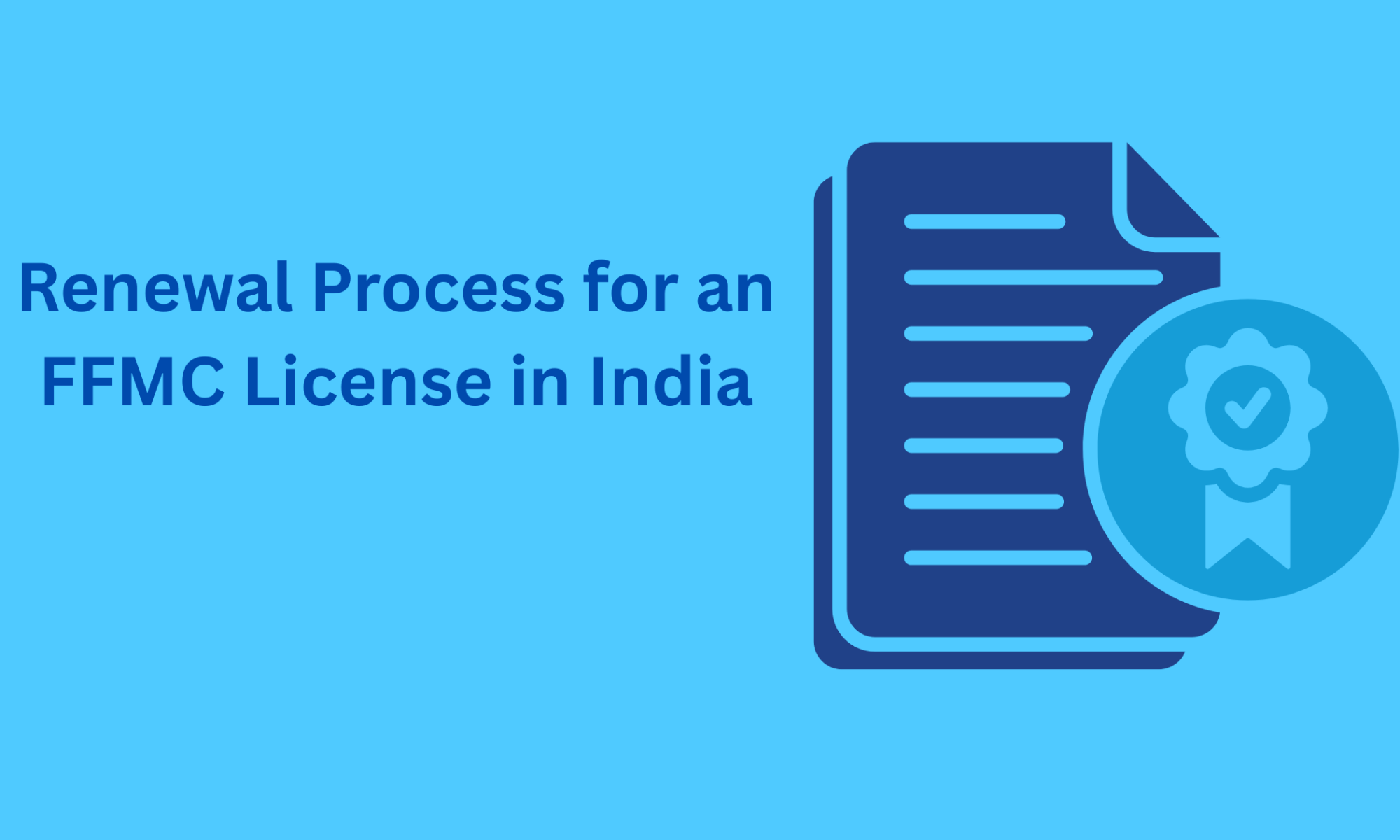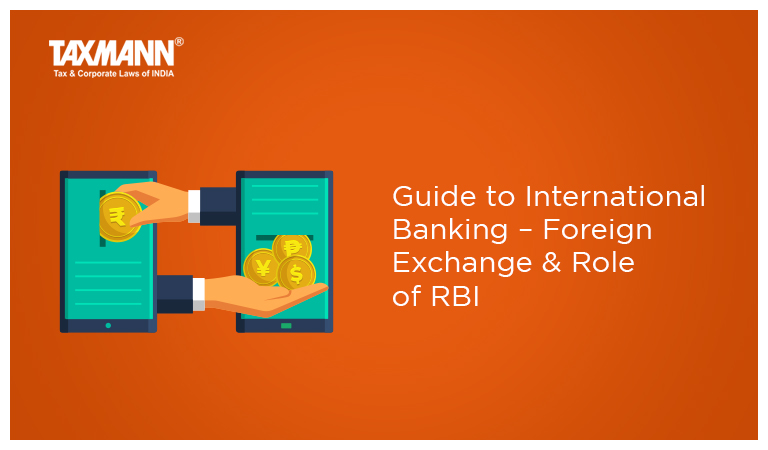When it comes to investing in India, the financial landscape offers a range of vehicles — Alternative Investment Funds (AIFs), Portfolio Management Services (PMS), and Mutual Funds. Each comes with unique structures, risk profiles, and return potential. Understanding these differences can help investors make informed decisions based on their goals, risk appetite, and investment horizon.
Understanding the Basics
1. Alternative Investment Funds (AIFs)
AIFs are privately pooled investment funds that collect capital from sophisticated investors and invest according to a defined strategy. They typically include hedge funds, venture capital funds, private equity funds, and other alternative asset classes.
To operate in India, an AIF must undergo Online AIF Registration in India with the Securities and Exchange Board of India (SEBI). The process ensures regulatory compliance and investor protection. Consulting an AIF Registration Consultant can simplify the procedure and ensure adherence to SEBI guidelines.
AIFs are categorized into three types:
- Category I AIFs: Invest in startups, SMEs, or infrastructure projects.
- Category II AIFs: Include private equity or debt funds that do not leverage beyond permitted limits.
- Category III AIFs: Engage in complex trading strategies and may use leverage.
AIFs usually cater to high-net-worth individuals (HNIs) seeking portfolio diversification and higher returns.
2. Portfolio Management Services (PMS)
PMS involves professional fund managers customizing portfolios for individual investors. Unlike mutual funds, where funds are pooled, PMS portfolios are tailor-made and managed separately for each investor.
Advantages of PMS include:
- Personalized investment strategies
- Direct ownership of securities
- Transparent reporting and flexibility
However, PMS requires a minimum investment of ₹50 lakhs and involves higher management fees compared to mutual funds.
Mutual Funds are the most common investment vehicle for retail investors. They pool money from many investors and invest in stocks, bonds, or money market instruments. Managed by fund managers, mutual funds are regulated, liquid, and accessible to all classes of investors.
3. Mutual Funds
Benefits of Mutual Funds include:
- Low entry barrier
- Professional management
- High liquidity
- Suitable for SIP (Systematic Investment Plan) investors
AIFs vs PMS vs Mutual Funds: A Comparative Overview
| Parameter | AIFs | PMS | Mutual Funds |
|---|---|---|---|
| Investor Type | HNIs, Institutional Investors | HNIs | Retail & HNIs |
| Regulation | SEBI (AIF Regulations, 2012) | SEBI (PMS Regulations, 2020) | SEBI (Mutual Fund Regulations, 1996) |
| Minimum Investment | ₹1 Crore | ₹50 Lakhs | ₹500 |
| Customization | High | High | Low |
| Liquidity | Low | Moderate | High |
| Risk Level | High | Moderate to High | Low to Moderate |
| Return Potential | High (depends on strategy) | Moderate to High | Moderate |
Which One Should You Choose?
- Choose AIFs if you are an HNI looking for high-risk, high-return opportunities beyond traditional markets. Before investing, ensure that the fund has completed Alternative Investment Fund Registration in India or Online Alternative Investment Fund Registration in India with SEBI.
- Choose PMS if you prefer personalized investment management and have a significant corpus.
- Choose Mutual Funds if you are a retail investor seeking diversified, regulated, and easy-to-access investment options.
Conclusion
Each investment option — AIFs, PMS, and Mutual Funds — serves a distinct investor profile. The key lies in aligning your investment goals with the right structure and understanding the risks involved.
If you’re considering setting up or investing through an AIF, ensure proper regulatory compliance through Online AIF Registration in India. A qualified AIF Registration Consultant can guide you through AIF Registration Online in India, ensuring seamless and compliant registration with SEBI.










